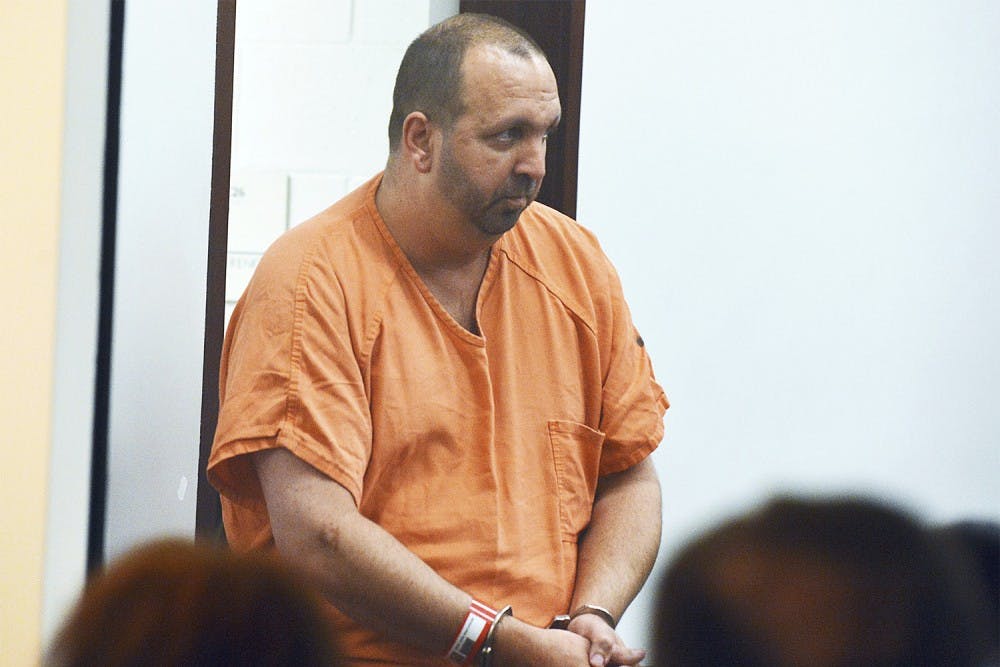Hicks, 46, has been charged with killing Deah Barakat, 23; his wife, Yusor Abu-Salha, 21; and her sister, Razan Abu-Salha, 19. The three were shot dead in their apartment on Feb. 10 in Finley Forest Condominiums in Chapel Hill.
District Attorney Roger Echols filed a notice of intent to seek the death penalty on Wednesday, and legal experts say multiple factors could have motivated that decision.
In order for someone to be tried capitally in North Carolina, there needs to be a first-degree murder conviction and evidence of one of 11 aggravating circumstances — which include a murder that is “especially heinous, atrocious, or cruel” or a murder committed along with other crimes of violence toward other people.
Colon Willoughby, a partner at McGuireWoods LLP and a former Wake County district attorney, said all of that would factor into a district attorney’s decision-making process.
He said, when a case involves multiple homicides, there is usually some evidence of an aggravating circumstance.
“A crime like this — where it involves multiple homicides — is one where it’s not surprising that the community would need to make that decision,” Willoughby said. “The prosecutor might not feel comfortable.”
Jim Coleman, the director of the Center for Criminal Justice and Professional Responsibility at Duke University, said external factors can also influence the state’s decision.
“The fact that the three victims in this case were Muslims, and they are investigating whether there might have been an anti-religion factor to the crime — those are all factors that would influence the decisions of the prosecution,” he said.




